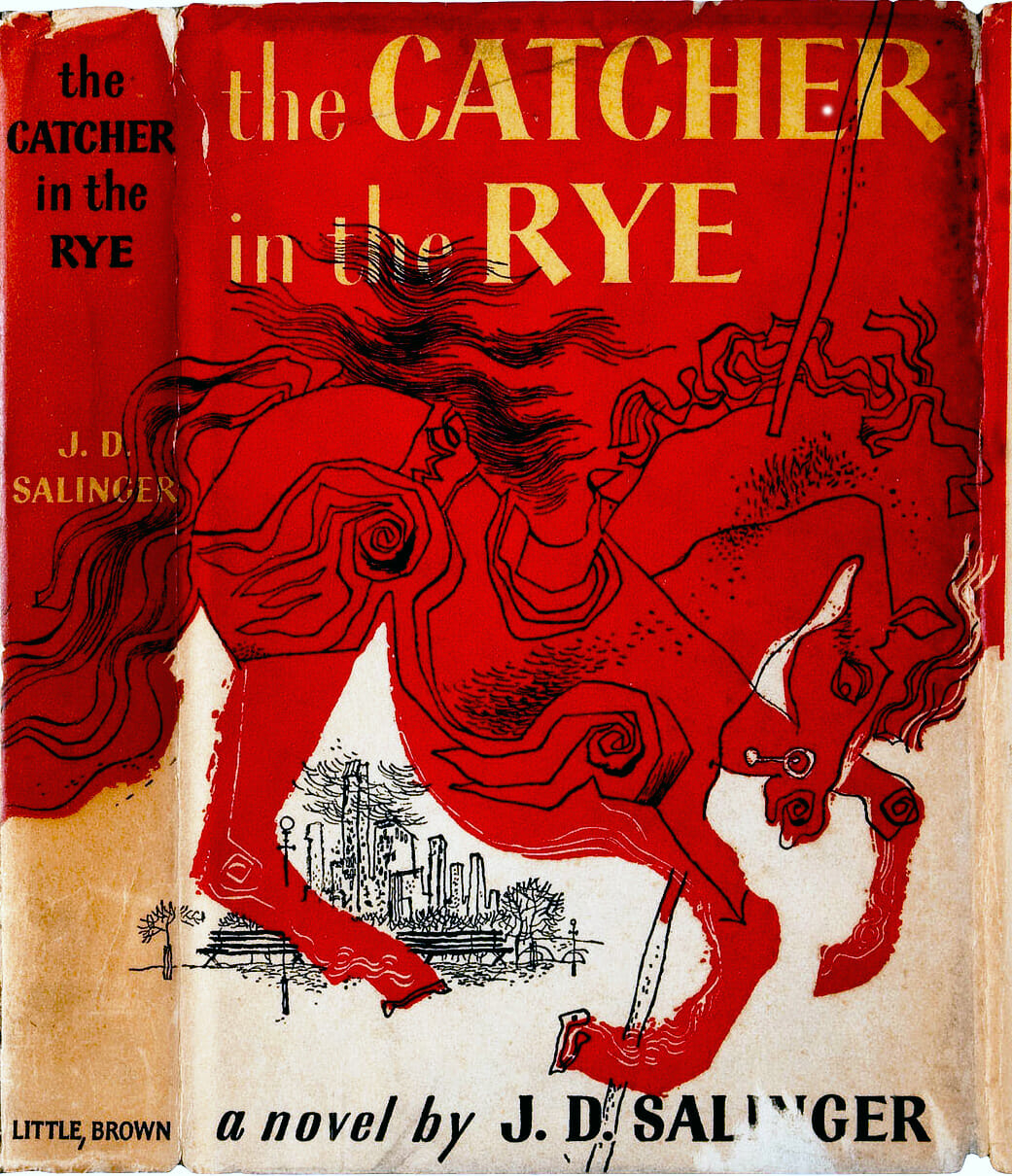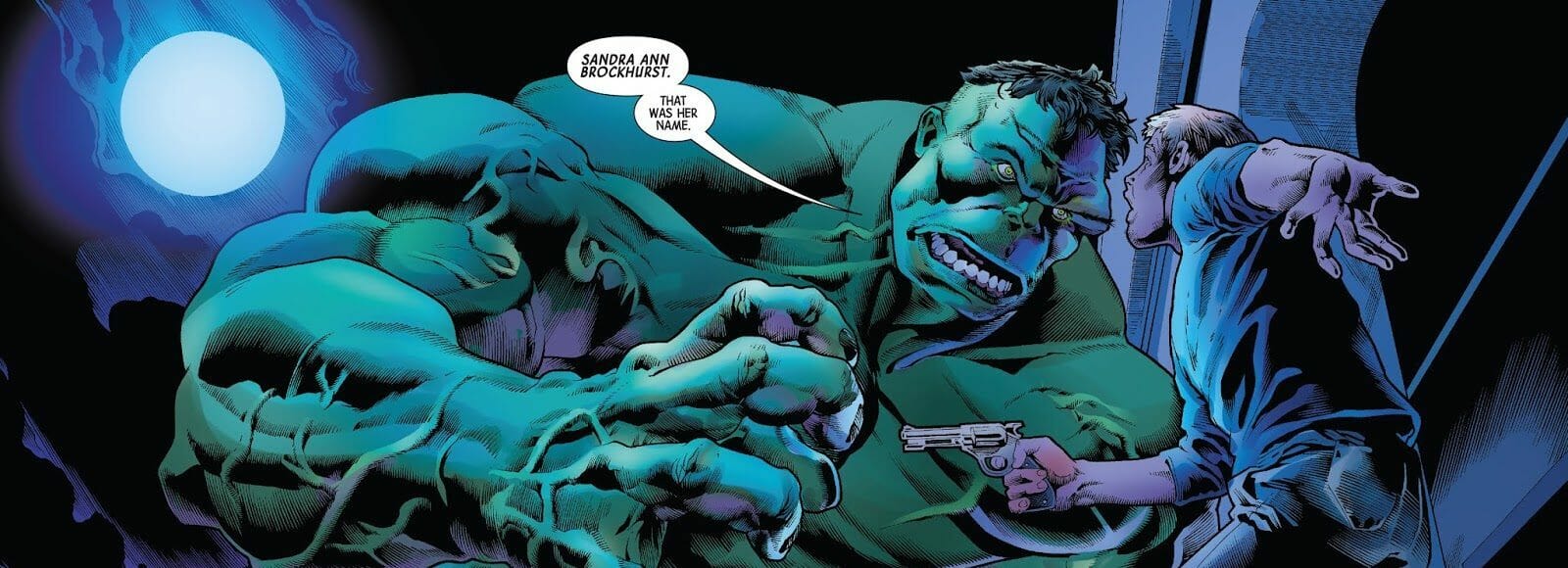
Neon Genesis Evangelion | The harsh relationship with the other
Creator
Director
Country
Seasons
Runtime
Genre
Music by
In terms of Japanese animation, Neon Genesis Evangelion (NGE) has had the same impact as Watchmen did for comics. It changed contents, style, themes. Far from the 1970s and ‘80s Go Nagai’s sturdy robots and even from the more recent Gundams, in 1995 the Evangelions were something completely new in the mecha genre. Their agile and slim figures made them look like humans wearing suits, instead of proper robots. Also, the gory fights and frequent dismemberment were almost unprecedented. However, the real innovation was the way in which the director and writer Hideaki Anno (Nadia: The Secret of Blue Water) molded the characters. In Neon Genesis Evangelion every relationship is dysfunctional, broken, or flawed. (Spoilers ahead)
A (non-)clichéd mecha story
The plot is similar to the ones of many other anime which involve mechas. After an almost apocalyptic event, called the Second Impact, a group of aliens, the Angels, started to attack humanity. Survival is thus thrust into the hands of some teenagers, the Children. They have to fight to board the EVA units, which are super technological robots built and controlled by the NERV organization. The Children need to have a high synchronization rate with the EVAs, which otherwise will not even activate. Plus, they are not simple machines, but complex, hybrid creatures hiding secrets that tie them to the Angels.
Even if at the beginning NGE focuses on action scenes and the astonishing design of both EVAs and Angels, the plot slowly shifts from the genre stereotypes to the enactment of a psychological drama. So, the spectacular but brief battles often leave the center stage to the characters’ internal conflicts.
The many references to psychology, philosophy and biblical and cabalistic symbols ties in to a coming of age story, as well as an investigation into the identity and purpose of humanity. The static and repetitive frames echo the strong conflicts and distress permeating the plot. Therefore, the audience actually feels the characters’ inability to overcome their problems. Moreover, Anno always searches for new and effective ways in which to express the psychological turmoil or to enact internal monologues, like in the 16th episode.
The frightening concept of relationships
In the making of NGE, the director, Anno was experiencing a period of severe depression, the effects of which he managed to pour into his characters. Especially the main ones, Shinji Ikari and Asuka Soryu Langley, who have troubled interactions with other people: they are respectively the pilots of the EVA 01 and 02 units. They behave like teenagers thinking the world revolves around them. What lies beneath instead are broken individuals, scared of the pain that relationships inevitably entail.
Shinji’s compliant attitude leads him to apologize constantly. However, what lies inside his soul is a wave of profound anger: he feels like no one understands him. Definitely not a bold and resolute hero, he is a helpless and weak person who often refuses to fight. When he does it is not out of determination, but because he desperately needs approval.
Asuka, on the contrary, shows bossy behavior and always wants to stand out as the best. When she can’t she relapses into a mix of numbness and desperation. They both have one thing in common, which is to try and keep other people at a distance because of the fear of what might happen. They both indulge the illusory dream of essentially positive and beneficial relationships, and when the predictable opposite occurs they tend to shut everybody out. In the process they veer towards self-centredness, ignoring the ever-present threat of the Angels.
The AT Field, the walls of individuality
The harshness of encounters with others is perfectly mirrored by the AT Field (Absolute Terror Field), a protective barrier which both Angels and the EVA units have. Far from being just a battle shield, it is the barrier living in everyone’s soul. It is what defines each person’s individuality and threatens the others’. The encounter between AT Fields is always violent. They either pierce through others or are pierced by them. This inevitable collision matches the Human Instrumentality Project goal. It is a secret plan that SEELE, the board that monitors the NERV, wants to carry out. Its purpose is to dissolve every AT Field and gather all humanity into one soul. The fear of pain caused by others is so high that losing individual identity is a preferable alternative.
Nonetheless, Neon Genesis Evangelion looks forward to the possibility of establishing a healthy relationship with others. Shinji’s ultimate challenge involves the effort of overcoming the dread of relationships and accepting life as an inextricable ensemble of joy and sorrow. To quote one of the characters:
Anywhere can be paradise as long as you have the will to live
Almost thirty years of Neon Genesis Evangelion
Due to budget issues, Anno had to rewrite the last two episodes of the series completely. The result was a somehow avant-garde ending, which resolved the characters’ inner conflicts in an incisive way. However, the plot remained incomplete. So Anno directed another ending in 1997, called The End of Evangelion, essentially an alternative version of the last two episodes. Here, the plot finds its conclusion, and Shinji faces his hardest trial once again. Is life worth living, even if relationships will always cause pain?
There are several videogames based on Neon Genesis Evangelion and also a manga version, written by the series character designer Yoshiyuki Sadamoto. In 2007, Anno started a movie tetralogy that concluded in 2021, which rebuilds the better part of the original plot.
Tag
Buy a ☕ for Hypercritic









